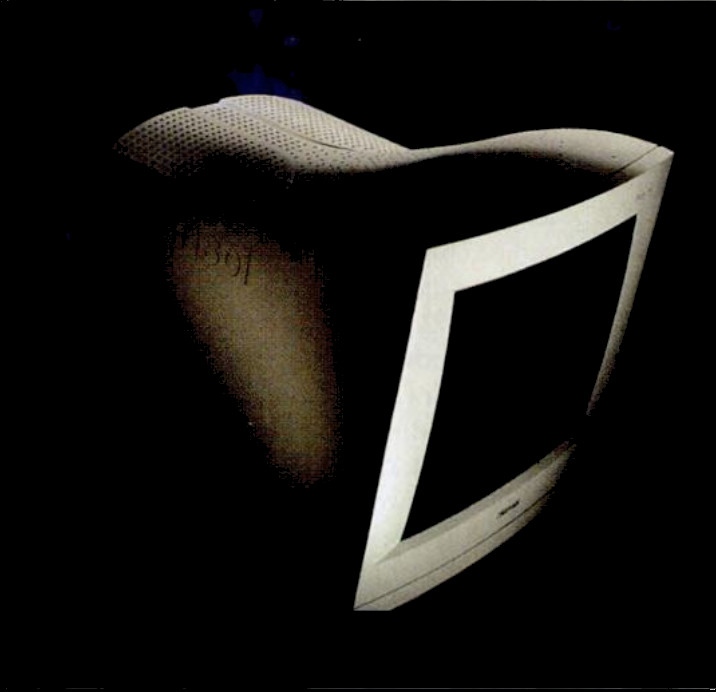Tonko301.neocities.org
Since October 20th, 1998

|
Tonko301.neocities.org Since October 20th, 1998
|
|
|
[ Place | ABOUT| CONTACTS??????| VIDEOS???| Archive| CRT monitors| software] |
|
FUCK NOT FINISHED |
|
ur mother oooooooooooooooooooooooooooooooooooooooooooooooooooooooooooooooooooooooooooooooooooooooooooooooooo oooooooooooooooooooooooooooooooooooooooooooooooooooooooooooooooooooooooooooo oooooooooooooooooooooooooooooooooooooooooooooooo JOJOJOJOJOJOJ EEHHHHHEEE EI EI AAAA OH YEAH FREE SEX BABY ! at SEX FTP |
This right here is a test
The Prague Spring (Czech: Pražské
jaro, Slovak: Pražská jar) was a period of political liberalization and mass
protest in the Czechoslovak Socialist Republic. It began on 5 January 1968, when
reformist Alexander Dubček was elected First Secretary of the Communist Party of
Czechoslovakia (KSČ), and continued until 21 August 1968, when the Soviet Union
and other Warsaw Pact members invaded the country to suppress the reforms.
The Prague Spring reforms were a strong attempt by Dubček to grant additional
rights to the citizens of Czechoslovakia in an act of partial decentralization
of the economy and democratization. The freedoms granted included a loosening of
restrictions on the media, speech and travel. After national discussion of
dividing the country into a federation of three republics, Bohemia,
Moravia-Silesia and Slovakia, Dubček oversaw the decision to split into two, the
Czech Socialist Republic and Slovak Socialist Republic.[1] This dual federation
was the only formal change that survived the invasion.
The reforms, especially the decentralization of administrative authority, were
not received well by the Soviets, who, after failed negotiations, sent half a
million Warsaw Pact troops and tanks to occupy the country. The New York Times
cited reports of 650,000 men equipped with the most modern and sophisticated
weapons in the Soviet military catalogue.[2] A massive wave of emigration swept
the nation. Resistance was mounted throughout the country, involving attempted
fraternization, sabotage of street signs, defiance of curfews, etc. While the
Soviet military had predicted that it would take four days to subdue the
country, the resistance held out for eight months until diplomatic maneuvers
finally circumvented it. It became a high-profile example of civilian-based
defense; there were sporadic acts of violence and several protest suicides by
self-immolation (the most famous being that of Jan Palach), but no military
resistance. Czechoslovakia remained controlled by the Soviet Union until 1989,
when the Velvet Revolution peacefully ended the communist regime; the last
Soviet troops left the country in 1991.
|
Last Modified: May 19th, 2001 opps it's broken |